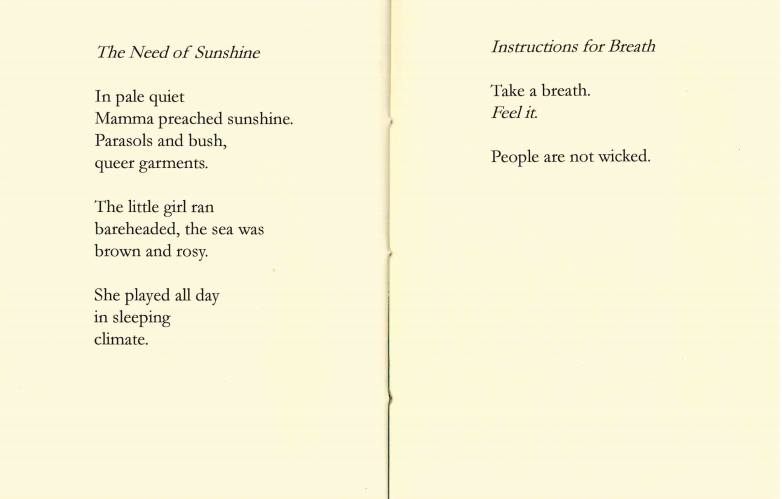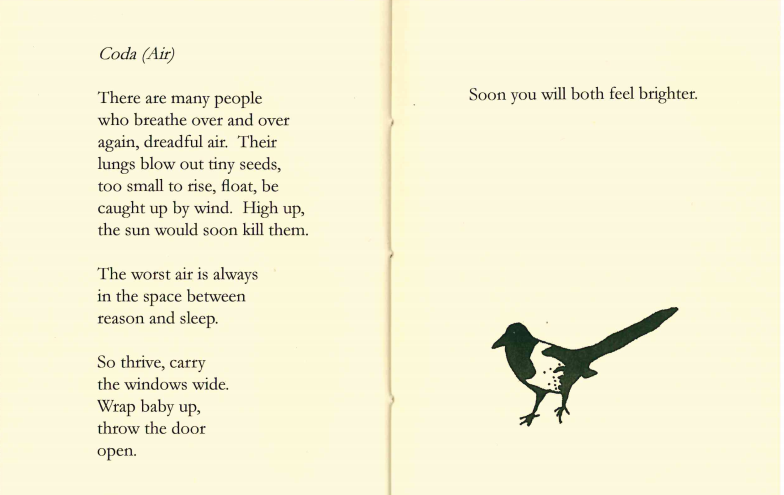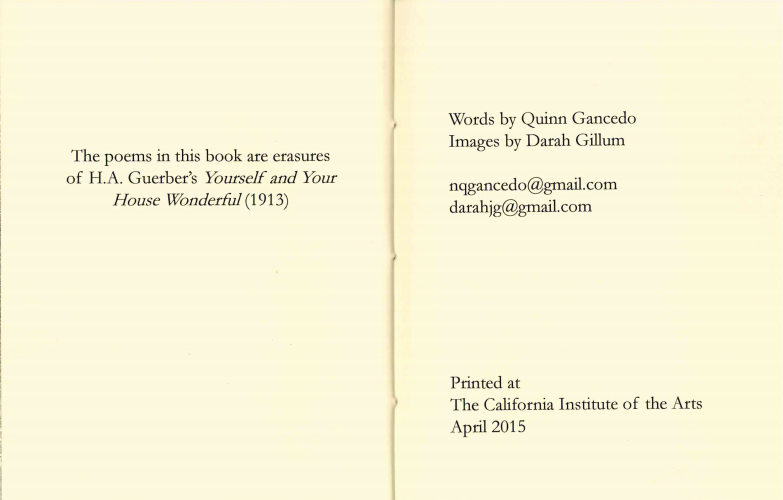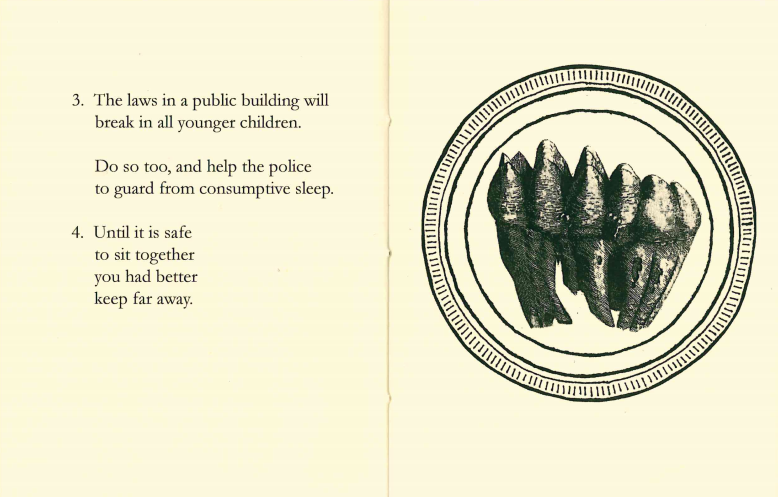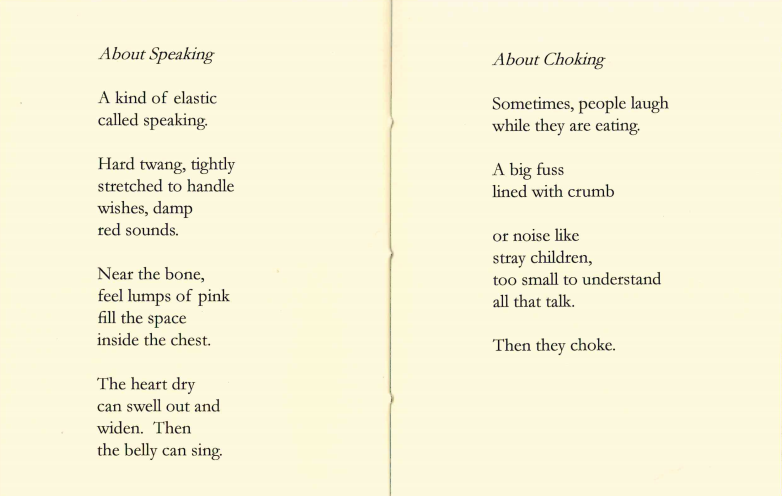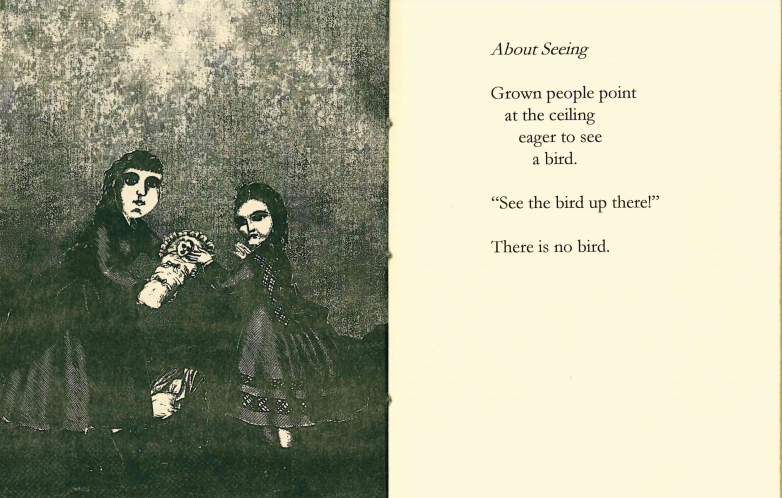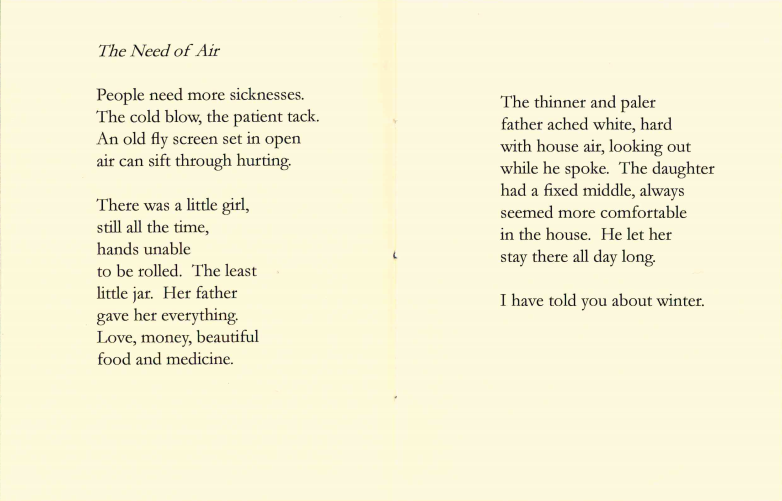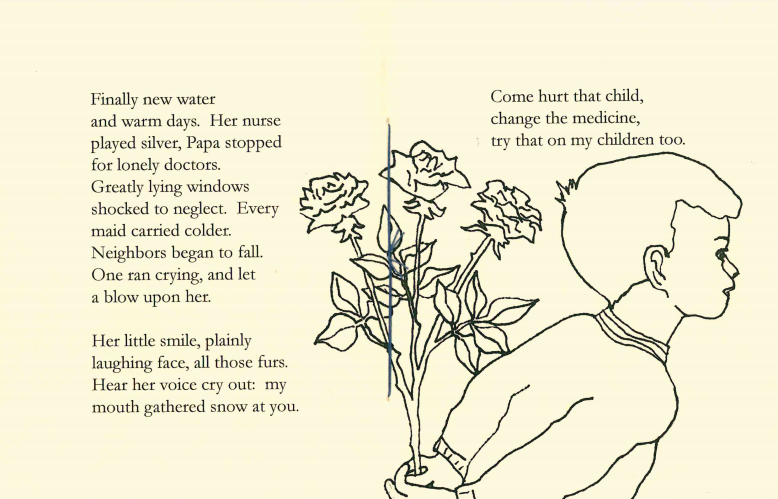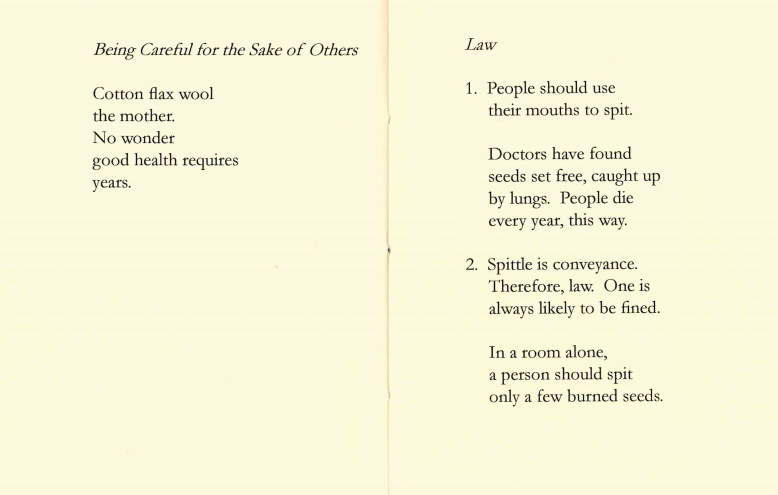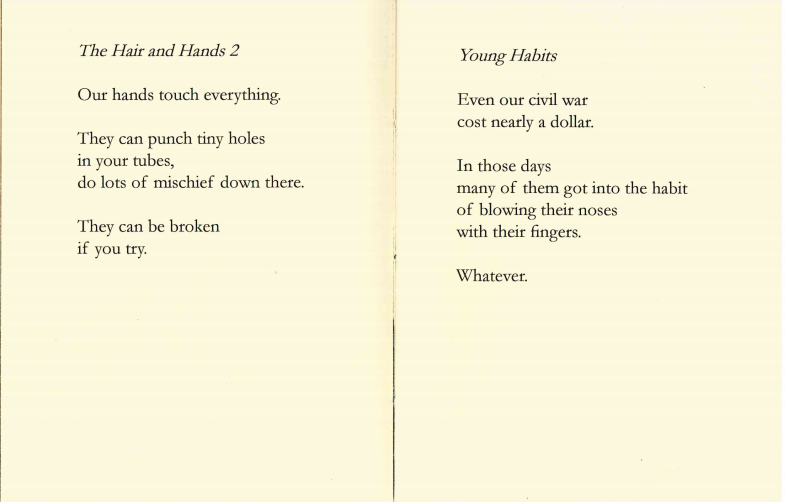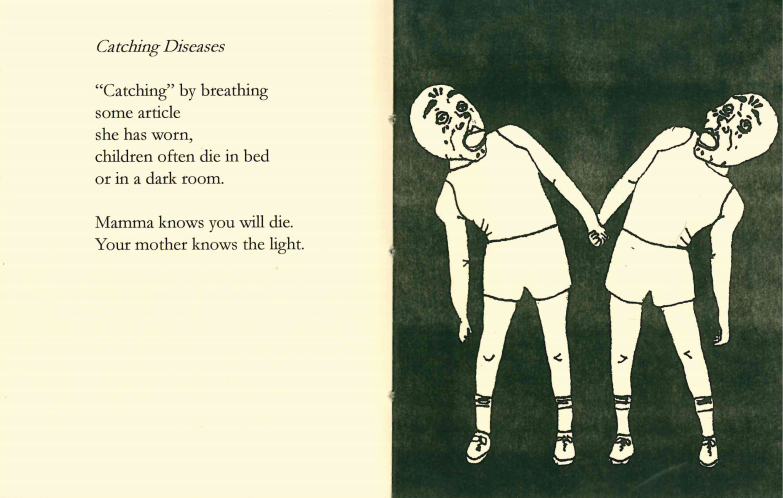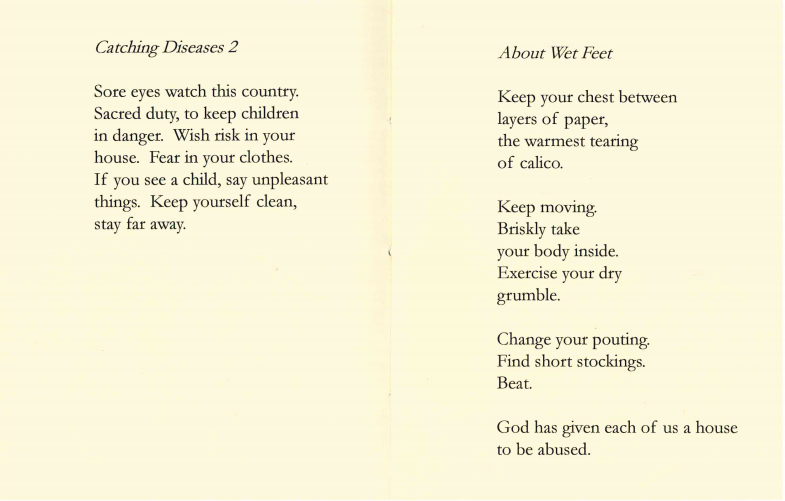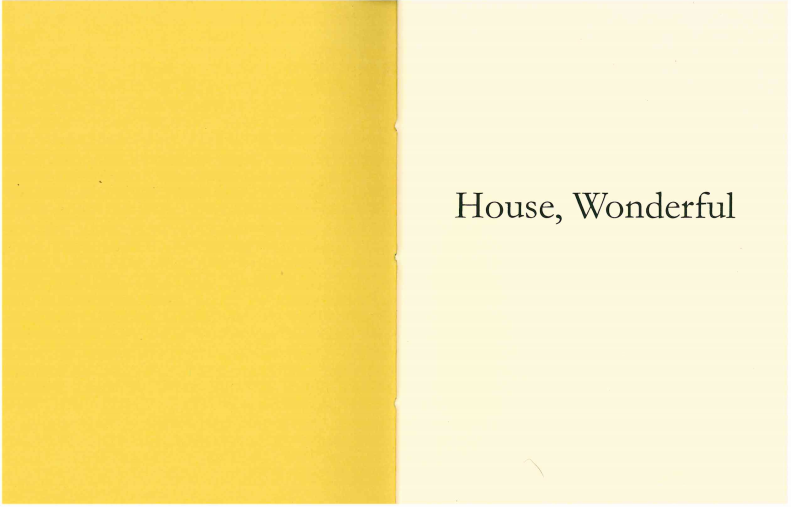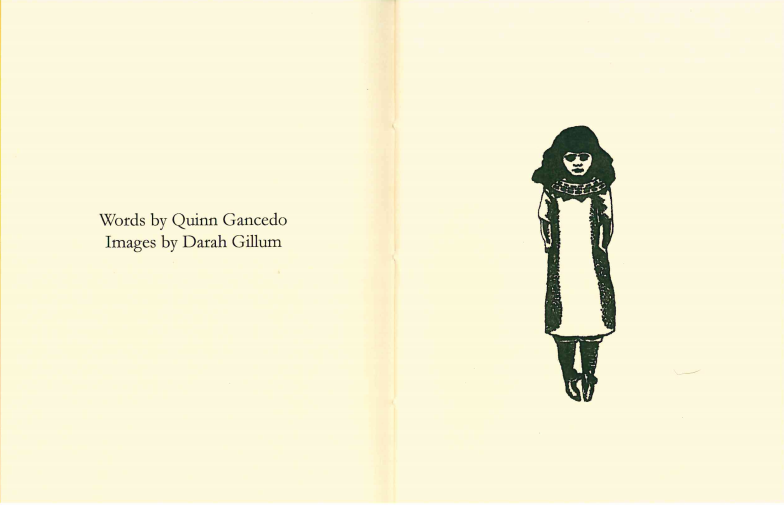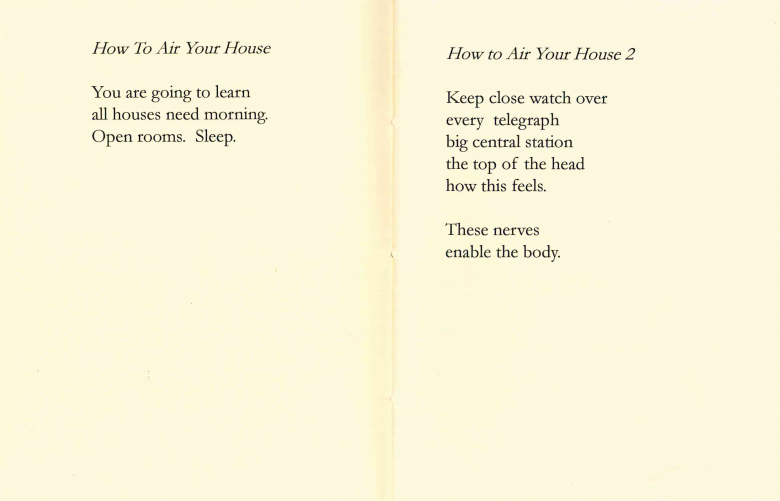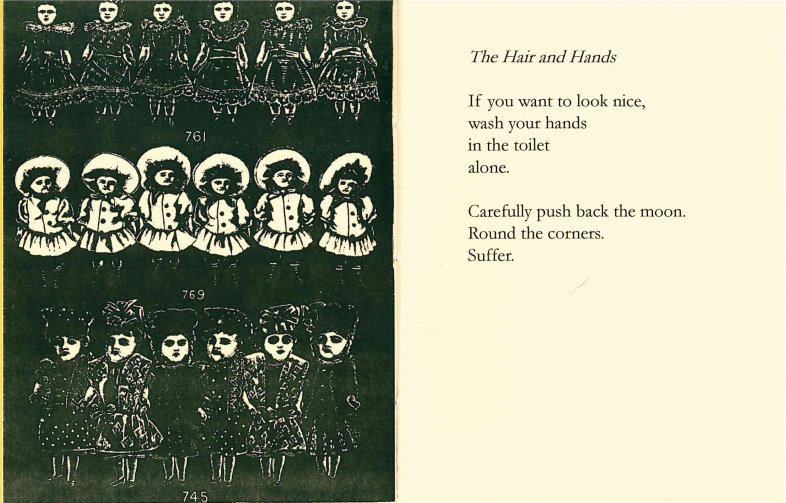Just as I was peeling potatoes, after cutting onions – and shedding tears- to prepare a family lunch with my wife, the telephone rang. It was Ustad Bilgrami announcing his arrival in Chicago He had checked in at Marriott near O’Hare Airport the night before to enjoy a blissful night’s sleep after a strenuous eighteen-hour journey from Karachi. He would be in Chicago for a day before taking a night flight to Rockford to visit his son and his family. He wanted me to pick him from the hotel and spend the day with him.
“Ustad Bilgrami has arrived and I have to see him immediately,” I said to my wife. “Depending on his mood, he may come here for lunch.”
“But what about the potatoes?”
“Potatoes? Oh, lady of the house, you must realize that there are far more important things in life to attend to than peeling potatoes,” I said, rushing out.
I always had a deep admiration for Ustad Bilgrami, for he was a remarkable man. More than three decades ago when I was in college he was our sports coach. But he is remembered by the students not only as a coach, but as a mentor, a guide and a genuine friend. Though he would coach all students, he was very selective in admitting them into his inner circle. When introduced, he would look at you with a piercing gaze for a few moments, size you up there and then and either accept you or do away with you; the only thing the rejected ones would get was coaching. I was lucky to have been one of his inner circle mates. After classes every day one or two nascent youths would approach him, pour out their hearts and seek solution to their problems. Ustad Bilgrami would carefully listen, analyze and ponder deeply; and within twenty-four hours would come up with a solution. His price? A glass of sweetened lassi. He made his name as an extraordinary trouble-shooter with an ability to turn any situation into a win-win one.
I accidentally met him at Karachi’s Lal Qila last year and at once recognized him. Age had neither withered him nor robbed him off his charisma, though it had taken away all his hairs, making him completely bald. He looked at me with his characteristic piercing gaze for a minute or so, and then burst out laughing as he recognized me.
“Ah, you are the same boy who had fallen head over heels over that gorgeous Turkish girl, and had come to me to seek solace when she had put you back on the shelf."
I simply marveled at his recollection of one of the many heart-breaking episodes in my life.
During my stay in Karachi for about four weeks, I was fortunate to have met him several times, each time he had a problem to solve for one of his ex-students, and each time I had to accompany him – either willingly or unwillingly – in his mission. While saying good bye to him on the eve of my departure back to Chicago, he had promised me that he would be visiting Chicago soon.
Now he was here and I was simply delighted. Perchance, I may get more enlightened and learn some more ‘Bilgrami ways’ to deal with people and situations. At Marriott I found him in the lobby. He was in earnest conversation with a pretty receptionist, his hand over her head – later he told me that the girl was heart-broken and he was pondering over the situation, thinking a way to help her out. On seeing me, he waved his hands energetically and locked me in a tight embrace affectionately.
He gladly accepted my invitation for lunch, which he really relished. Admiring my house and the picturesque surrounding, and sprinkling my wife, son and daughter-in-law with precious words of advice, he expressed his desire to go to Devon Avenue. Every visitor from India or Pakistan almost invariably wants to go to Devon first, leaving aside all the other attractions of the city to be seen later. Maybe because they want to feel at home.
Devon Ave, a ten-block stretch in the north of the city, forty-five minutes drive from our house, is one of the biggest Indo-Pak shopping centers in USA, abounding in clothing stores selling saris of the latest fashion, well-cut shalwar qameez, gold-embroidered garments, jewelery stores, video shops, offices and an endless chain of eating places. I took a long route to Devon, enabling the Ustad to see Sears Tower, other attractive buildings in the downtown and enjoy exhilarating Lake Shore drive.
Tantalizing aroma of tandoori meat filled the air as we came to Devon and parked the car.
“Let’s have some lassi,” said Ustad Bilgrami.
“Oh, I almost forgot. You and lassi are inseparable.”
We entered a famous fast food restaurant, and as soon as he saw the owner at the counter, his eyes opened wide. He rushed to him and yelled amid a cluster of customers, “Hey! Aren’t you Dhiraj Patel, who used to sell sherbet on the street of Ahmedabad way back?”
The owner was stunned. Nobody likes to be reminded publicly about his humble past, particularly if he is presently rolling in wealth. He waved his hand and asked us to be seated on a table. In a jiffy, a waiter came to us, took our orders, and in no time the eatables and two glasses of lassi were on our table.
Finishing the snacks, we got up and I took out my wallet to pay. Dhiraj Patel waved me aside saying it was on the house. Ustad Bilgrami was not yet finished.
“Did my recipe for Pomegranate syrup work to boost up the sale?” he asked.
Totally embarrassed, shuffling his feet in nervousness, Dhiraj Patel nodded and was obviously thinking of a way to disappear. I grabbed Ustad’s arm and drove him out.
“Did you make up things about his past? Why should you embarrass someone like that?”
“I never lie,” said the Ustad. “I just use facts at appropriate time and place, and there is no need to get embarrassed over what you were in the past.”
We entered a clothing emporium named ‘Fashion Fantasy’. Ustad selected two shalwar-qameez sets, each priced at $30. He took them to the counter and started bargaining, in spite of the fact that there was a big sign at the top of the counter: Fixed Price. No Bargaining. “Your prices are too high,” he said to the young salesman.
“Take it or leave it. Our prices are fixed and there is no bargaining as it is displayed on the sign,” said the salesman.
“Is that so? This particular shalwar-qameeez is available in Pakistan for a thousand rupees, equivalent to ten dollars, and you are selling it for thirty dollars? Isn’t it a rip-off?”
“Not at all. Our prices are reasonable and competitive.”
“In that case I’ll have to announce to some three hundred Asian families who subscribe to our “Asian Club” and who are shoppers at Devon that your store, misnamed as “Fashion Fantasy” thrive on cheating the customers. Just wait and see customers avoid your store.”
The sales man was now feeling uneasy. He thought for a moment, and then said, “Okay, how much are you willing to pay? Take anything at your price, but for heaven’s sake please don’t spread the word about our store charging high prices.”
A few minutes later, he triumphantly bought the merchandise, the price being slashed to $15 each.
“Have a nice day, grandpa,” said the salesman, while we were leaving.
“Grandpa?” roared Ustad. “Do I look like a grandpa? I am young enough to be your father.”
“Okay, grandpa, er.. sorry, uncle,” said the shocked shop-keeper.
Ustad beamed and nodded his head.
“Now take me to the airport,” he said. “I have to catch a flight to Rockford to visit my son and his family for a few weeks, but I’ll be in touch with you.”
Suddenly, I saw a cop near my parked car. God! I had forgotten to put quarters in the parking meter. He was about to write a ticket. Both of us rushed to the car, and Ustad said, “One moment officer. Please be considerate of a very old man like me. My friend here has a very low mental capacity. He often forgets important things to do.” Being referred to as a person with very low mental capacity would have offended any other person, but I knew that Ustad never misses an opportunity of belittling me. He takes pleasure in doing so. You may call it his hobby.
One look at Ustad Bilgrami, and the cop was taken in by the charisma. He stopped writing the ticket, and seemed to be wondering whether to write or not.
“A million thanks,” said Ustad, motioning me to get into the car. “Have you ever tried a lassi?
“What is lassi?” asked the officer.
“A delicious drink made from yogurt. I am sure you will like it.” Saying so, he hastily entered Dhiraj Patel’s restaurant. I could see from the glass window of the place that Dhiraj looked panic-struck, looking for an escape, not wishing to be further embarrassed.
The cop looked like he was in a trance. Just to break the silence, I said, “A little bit windy today, isn’t it?”
“Not my fault,” he muttered, and then went back into his trance.
Ustad came out with a big disposable glass of lassi, handed it to the cop, got into the car and ordered me to get away immediately.
I sped off. After a few minutes of silence, I said, “Ustad, you know what you did? You bribed a Chicago cop! He could have arrested us for the offence.”
“But he didn’t. Did he? All is well that ends well.”


